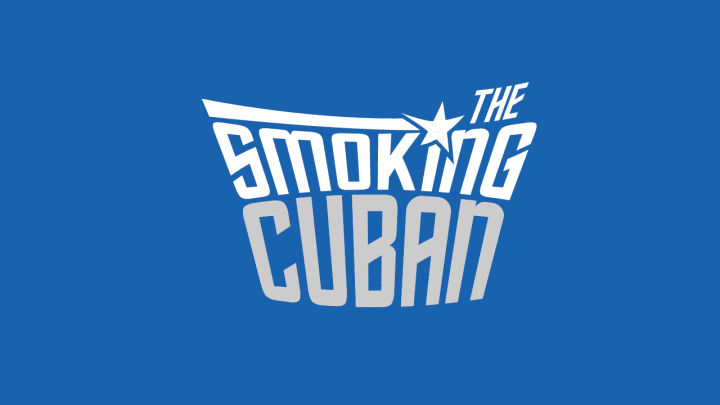The NBA seems to be getting younger and younger as teams focus on staying with the times. Is that changing definition of “old” going to hurt the league in the long run though?
In 2014-15, the Golden State Warriors changed the forecast of the NBA in a lot of ways. Although many teams had done similar things to what that team did, there was one glaring difference that set them apart from the rest of the NBA champions of history.
The 2013-14 NBA Finals featured the heavy favorite and heavily paid for Miami Heat headlined by LeBron James and the rest of the guys that Miami bought versus the built-through-the-system San Antonio Spurs. The Spurs would go on to win yet another title but this team had a glaring difference from the Golden State Warriors of the next year.

When the San Antonio Spurs won the title yet again in 2013-14, the average age was near 30 years old. When the Warriors did it the following season, the average age was just over 26 years old. So, despite their similar building methods, the two teams put very different lineups on the floor.
When you add this fact to the crazy amount of fandom (aka bandwagoners) that the Warriors received after the fact, it is easy to realize that things were going to change a little bit in the league. The Warriors really are a remarkable team though, and NBA executives, coaches, etc. noticed it.
Dallas Mavericks
Now that we have established all that, it is time to get to the point of this post. Has the NBA’s definition of the word “old” changed in the last few years? And, if so, is that why we are seeing a similar movement towards youth with the Dallas Mavericks?
Players like Dirk Nowitzki, Kobe Bryant, Tim Duncan, and many more played well into their late 30’s and some even played into their 40’s. These players may be considered abnormal since they are legends of the game so when I talk about old players, they should be viewed more as outliers.
The crowd I am more focused on now is that of the 30-35 group of regular players who make a positive impact on their team, but are not necessarily the star. For years this was a normal role player for any NBA team, but nowadays, these players are becoming more and more obsolete.
The Dallas Mavericks shed contracts like Andrew Bogut, 32, and Deron Williams, 32, and are possibly looking to move Wesley Matthews, 30, as well. All of this has been done in the name of a rebuild, but had these players been younger, they would have been included in that conversation. In fact, for the Mavs alone that is the crowd that has been targeted in the past.

Take for example the 2010-11 Mavericks team. On that team, the youngest player to receive substantial minutes in the playoffs was J.J. Barea at 26 years old. Past him, the only other players who positively impacted the team in the playoffs who were under 30 are Tyson Chandler, 28, and DeShawn Stevenson, 29.
Compare that to the Golden State Warriors of 2014-15 who had Leandro Barbosa, 32, Andre Iguodala, 31, David Lee, 31, and Andrew Bogut, 30. Every other player was between the age of 22-29. When the NBA saw that a team like this Golden State Warriors could win a title, people started to re-think the style of an NBA team.
This year, there are 19 teams who’s average age is younger than that Warriors team who won the title. In fact, the Philadelphia 76ers and Portland Trail Blazers both have average ages of younger than 25 years old. The league is getting younger and younger and the older players continue to be phased out.
Next: What a Kristaps Porzingis Trade Would Look Like For Dallas
The Mavericks have followed the trend of the league over the last few months, although it was fought hard for a long time as well. No matter what the case, the league continues to get younger and more teams are learning that fact every day.
All stats per basketball-reference.com
